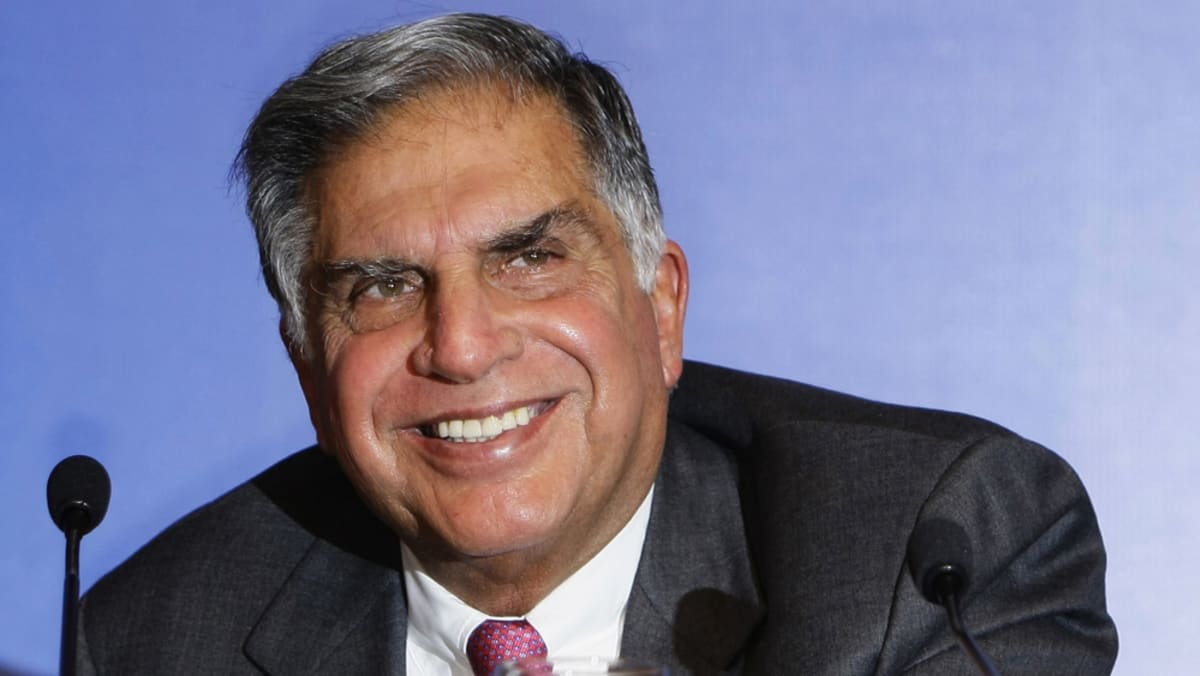MUMBAI: Industrialist Ratan Tata, who has died aged 86, was credited with transforming India’s Tata Group into a globally renowned conglomerate with a portfolio ranging from software to sports cars.
A painfully shy student, he planned to be an architect and was working in the United States when his grandmother, who raised him, asked him to return home and join the sprawling family business.
He started out in 1962, staying in a hostel for apprentices and working on the shop floor near blast furnaces.
“It was terrible at that time but if I look back at it, it’s been a very worthwhile experience because I have spent years hand-in-hand with the workers,” he recounted in a rare interview.
Tata took over the family empire in 1991, riding the wave of the radical free-market reforms that the Indian government unleashed that year.
His 21 years in charge saw the salt-to-steel conglomerate expand its global footprint to include British luxury brands such as Jaguar and Land Rover.
His vaulted ambitions for the group, founded under British colonial rule, were not initially welcomed by older board members, he said, prompting him to institute a company retirement age policy.
RISK APPETITE
Born in Bombay, now Mumbai, in 1937, the Cornell University-educated Tata was known for his willingness to take risks.
In 2004, he took the conglomerate’s software outsourcing arm Tata Consultancy Services public at a time when many were nervous about investing in technology stocks.
That same year, he declared he wanted Tata Group to “spread its wings far beyond India” and become “at home in the world” – prompting a world tour to buy up major brands, including Britain’s Tetley Tea and Anglo-Dutch steel firm Corus.
Tata’s 2008 decision to purchase the loss-making Jaguar and Land Rover brands for US$2.3 billion put him on the map.
He had less success with the US$13.7 billion Corus acquisition as demand for European steel plummeted due to Chinese competition.
And his pet project Tata Nano, billed as the world’s cheapest car, stuttered to a halt after finding few takers in status-conscious India, where consumers flinched at owning a so-called “poor man’s car”.
But the losses paled before his triumphs, which saw the Tata Group’s revenues rise from around US$6 billion to $100 billion, as the company’s reach grew to more than 100 countries.
Read the full article here
